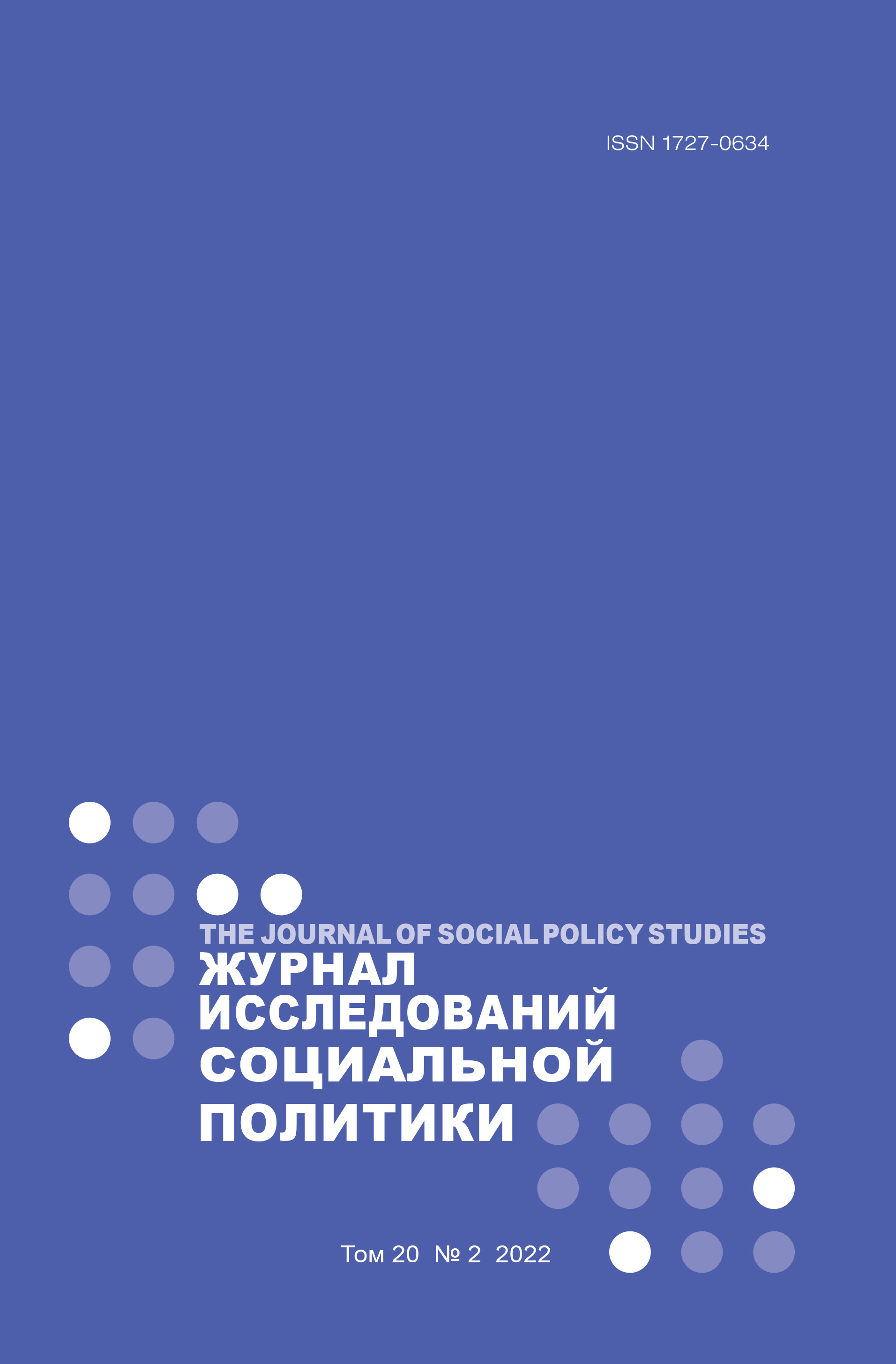Being Afraid While Not Being Informed: Origins of and Ways to Overcome Cancer Fear
Abstract
Humanity has learned to treat or prevent many diseases. However, increased life expectancy led to a situation where cancer became a leading cause of death worldwide. Due to the specifics of its nature and treatment, cancer can cause fear or even cancer phobia. Certainly, cancer has physiological reasons for fear, but the way this fear is embodied and levelled largely depends on the cultural and socio-economic circumstances. During this study 37 in-depth semi-structured interviews were conducted to answer the question what scares people without an oncological diagnosis in cancer, and how such a fear is overcome in everyday life. An analysis of the informants’ narratives allows us to assume that the fear of cancer is inextricably linked to the perception of a health care system and the level of socio-economic development of the country. At the same time, a low level of trust in the health care system can be replaced by faith in a specific doctor, acquaintance with whom can become a potential 'salvation' from cancer. The high degree of uncertainty associated with both the nature of the disease and the socio-cultural context is overcome in several ways. One of them is the lay theories – common-sense explanations people give for the causes, prevention, and treatment of cancer, which make it possible to reduce a complex disease to specific factors that can be controlled. Psychosomatic lay theories are especially pronounced: according to respondent’s perception 'thoughts about cancer,' 'dissatisfaction with life,' 'stress' are one of the main causes of cancer. Moreover, increased agency in the field of self-care – prevention of oncological diseases – can reduce the cancerphobia. The opposite strategy is a health fatalism and rejection of the problematization of cancer as an issue of the day.















